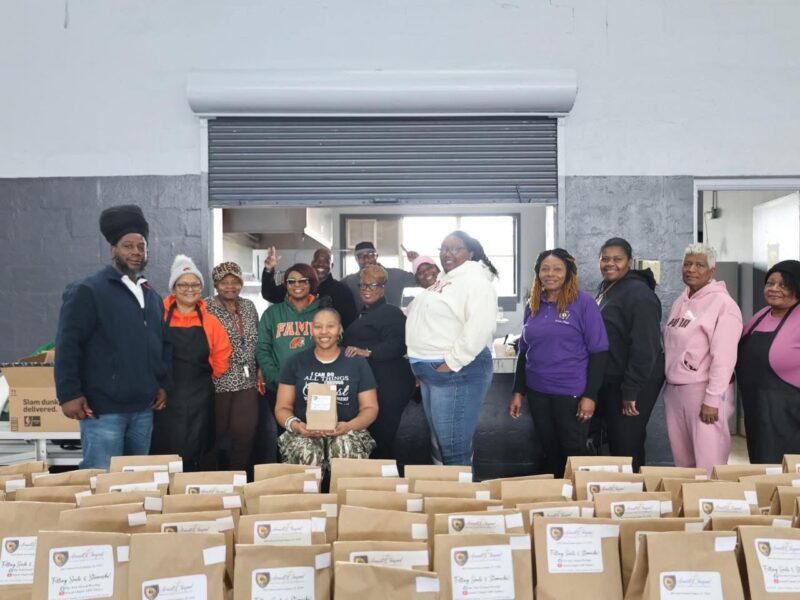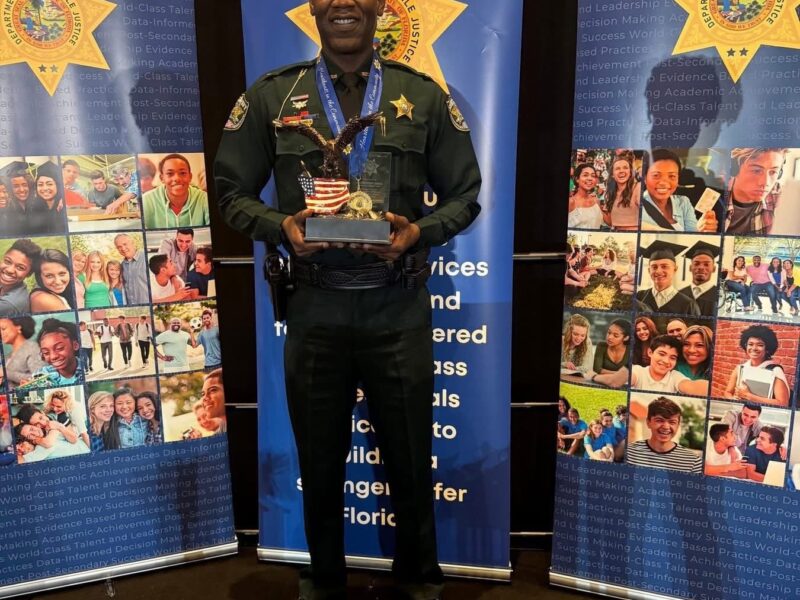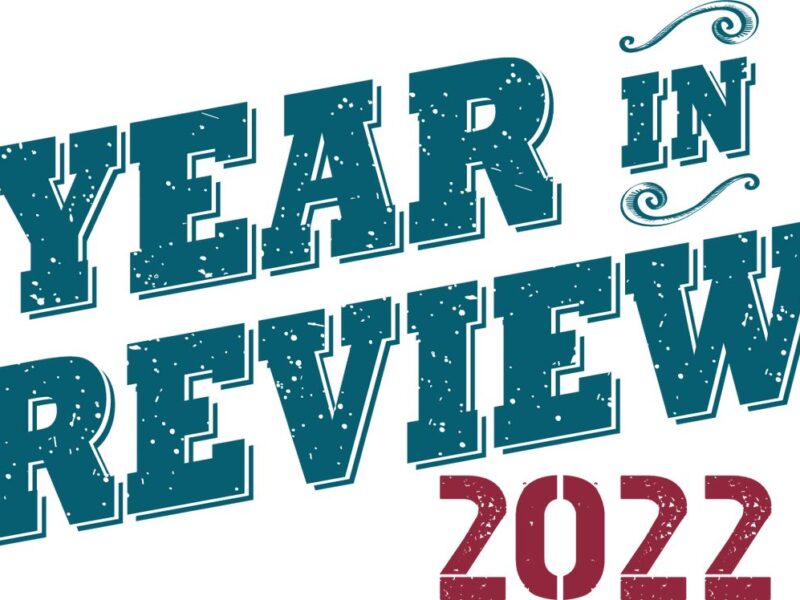The word that matters most
Nancy Kennedy
As a newspaper writer, I need to choose my words carefully — down to how many I use. I tend to use more than necessary, and I’m working on that.
Lately, I’ve been wrestling with a few words that are changing in our culture: “homeless” and “addict.”
Recently, I talked to two people who use “unhoused” or “unsheltered” instead of “homeless,” and “struggling with substance misuse” instead of “addict.” That’s a lot of words. But for them, it’s about stigma. They know “homeless” can conjure up “bums on the street.” Same with “addict.”
I get it. They want to preserve human dignity, as do I. But I also see something else. The people they hope to persuade — especially donors for their agencies — often tune out when they hear those terms. “That’s woke,” they think.
As I see it, word choice matters. It’s about the audience — my readers, their donors, society as a whole. That’s why I write “people who are homeless” rather than “the homeless,” and “people struggling with addiction” rather than “addicts.” It adds a few words, but it conveys this: these are people like you and me.
It matters how we talk about people and how we talk to them. We want “ears to hear.” That’s what Jesus said when he shared his message.
As Christians, we have words to share about the One the Bible calls the Word of God. And I love how Jesus addressed people.
With the exception of calling the self-righteous Pharisees “whitewashed tombs filled with dead men’s bones” and a “brood of vipers,” he called people “friend,” “son” or “daughter,” “brothers and sisters,” “little flock,” “little children.”
He didn’t mince words — “Go, and sin no more,” he told the woman caught in adultery. But he didn’t use a slur to demean her. Even at the moment Judas betrayed him, Jesus called him “friend.”
Jesus gave people dignity, even in their sin.
In today’s climate of division and bitter factions, I fear we’ve lost the ability to call those outside our tribe “friend.” Maybe that’s where healing begins.
I struggle with this. Maybe you do, too. But if we start with “neighbor,” then the person on the street or the one hooked on drugs becomes someone with a name, a story, a need that cries out for mercy and a message of hope.
Jesus had a simple invitation for all — the housed and the unhoused, the wealthy and the struggling, the addict and those whose sin is more refined and socially acceptable: “Come.”
Jesus said, “Are you tired? Worn out? Burned out on religion? Come to me. Get away with me and you’ll recover your life. I’ll show you how to take a real rest.
“Walk with me and work with me — watch how I do it. Learn the unforced rhythms of grace. I won’t lay anything heavy or ill-fitting on you.
“Keep company with me and you’ll learn to live freely and lightly” (Matthew 11:28-30, The Message).
As a writer, I wrestle with words — but in the end, the word that matters most is the one Jesus offers to anyone regardless of who they are or what they’ve done: “Come.”Contact Nancy Kennedy at 352-564-2927 (leave a message) or email at nkennedy@chronicleonline.com.





